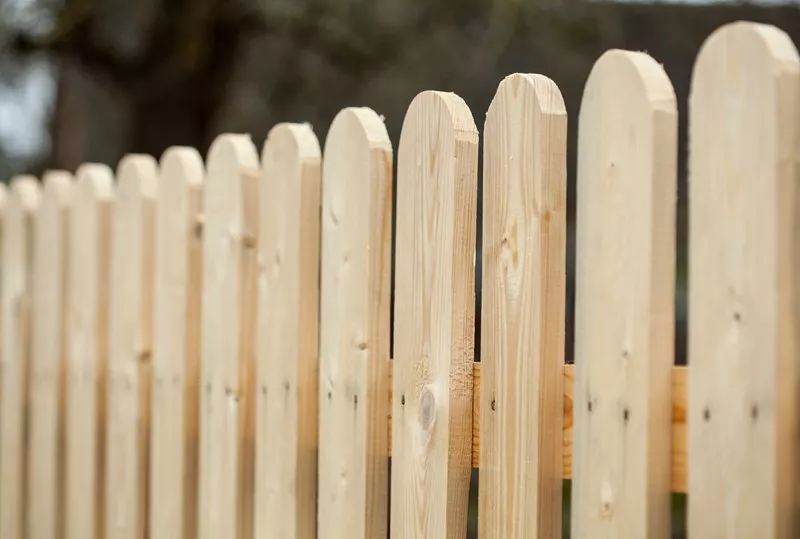Neighbours are commonly grappling with issues about their fences: one neighbour may want to upgrade a boundary fence and the other refuses to pay their fair share, you may find out that your boundary fence is not on the true boundary of your property, or your neighbour may have built a fence which obstructs your view.
Not only does this cause headaches, it can present real problems when you want to sell your property. What may seem like a trivial matter can turn into a lengthy and expensive dispute – often at the expense of your good neighbourly relationship. It is therefore important to know your rights and obligations when it comes to fences.
Fencing Act 1978
Property owners can enter into agreements or covenants regarding fencing matters, which may be registered against the title of a property. If that happens, subsequent owners would be bound by the agreements, and future grievances could be avoided. However, if an agreement has not been reached, most of the law relating to fences is contained in the Fencing Act 1978.
Building or repairing a fence – who bears the cost?
Fences should generally be on a boundary line, and the cost of erecting, maintaining or relocating a boundary fence shared equally between the neighbours. You can compel your neighbour to share the cost under the Fencing Act, provided certain procedures are followed.
There are some exceptions, however, such as where one neighbour damages the fence: they cannot then expect the other neighbour to pay half the cost of repair. Another example, common in some new subdivisions, is where there is an agreement or covenant on the title exempting an owner (usually the developer) from contributing to the cost of a fence.
Replacing a fence – is the fence adequate?
Your neighbour will only need to contribute to the cost of replacing a fence if the existing structure is not already “adequate” (meaning of a nature, condition and state of repair reasonably satisfactory for the purpose it serves or is intended to serve). Whether or not an existing fence is “adequate” will depend on a number of factors, including the location of your property (rural or residential) and the nature of the fence (hedge or wall). However, your own personal desires or expectations are not normally relevant. If there is a dispute about whether the existing fence is “adequate” it may be necessary for the Disputes Tribunal to determine the issue.
What if it is not in the right place?
Disputes surrounding boundary fences can become complex. A formal survey is usually required to identify the parts of the adjoining properties that are incorrectly marked by the fence. If a fence is not on the true boundary, one party may decide to build another fence on the boundary line, and the other party may be liable for half the cost.
Or, if a fence encroaches one neighbours property, they may require the fence to be relocated. This can become a real issue where one party wants to sell their property. If the parties cannot agree to relocate the fence, the affected neighbour may apply to the Court for an order to remove or alter the fence which adversely impacts their land.
Procedures
Whether or not your neighbour agrees to your proposal to repair, replace or erect a fence, you must issue a fencing notice. A fencing notice puts your neighbour on notice of the proposed work and costs, and you must give them 21 days to respond. If your neighbour does not respond to the fencing notice within that time, you may commence the work and your neighbour can’t object later.
If you fail to give your neighbour notice of your proposed work, you could be liable to pay for the costs of the fence yourself. There are some exceptions to this, such as if immediate work is required as a result of a fence damaged or destroyed by an accident.
It is always important that you identify and notify the correct person: either the owner of the property, or an occupier by virtue of a tenancy not less than 10 years. This can be complicated if the neighbour is a unit title or cross lease.
If the correct procedure is not followed, you may find yourself having to pay the full costs of the fencing work, or having to apply to the Court to help resolve the issue. To avoid this, we recommend you seek legal advice before issuing a notice or starting fencing work.
Holland Beckett has experience in fencing disputes and would be happy to provide you with our advice on your situation. For example, we can assist with drafting fencing notices, lodging claims in the Disputes Tribunal or District Court, and providing general advice on your liability to pay the costs for an adjoining fence.









